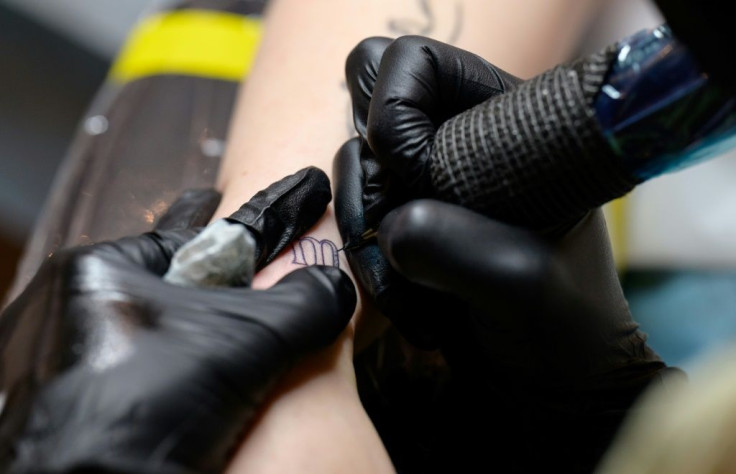National Tattoo Day 2021: Significance Of Body Art In Different Cultures Around The World
Tattoos are perceived differently by people belonging to different social standings. While they are a form of self-expression or mark of respect for a few ethnic groups, in the metropolitan culture, tattoos have long been stereotyped as a sign of low social integrity and often considered to be offensive.
Somehow, the urban society has undergone a remarkable change regarding its views towards tattooing in recent years, sparing teens and young professionals the trouble to hide it from their parents or potential employers.
While the art of tattooing might look like a simple needling job in the western sense, it is a treasured heritage in many cultures around the world.
On National Tattoo Day, which falls annually on July 17, let us take a look at what special significance tattoos bear for different ethnic groups.
Maori Tattoos: Tattooing is a vital social practice for Maori people in New Zealand. People belonging to this ethnic community consider the head to be the most sacred part of a human body and focus heavily on facial tattoos. However, a person having low social status is unlikely to display a tattoo.
Egyptian tattoos: Tattooing was widely popular in ancient Egypt, where people, mostly women, underwent the pigmenting process to display a cultic symbol, a mark of a specific profession, or simply to symbolize fertility.
Indian tattoos: In India, various indigenous tribes resort to tattooing to display a range of customs. In many parts of the country, people get inked to display their affiliation to a certain social group, while in some parts, women are made to tattoo their husband's name on their forearms to imply their marital status. Among many other ethnic tribes, however, tattoos are also worn as a fashion statement.
Japanese Tattoos: Tattoos have a complex history in Japan, where they are majorly linked to Yazuka or the Japanese mafia. In 1600s, the Japanese government imposed a policy of tattooing all the criminals to deter them from gaining acceptance again in the mainstream.
Buddhist Tattoos: In the Buddhist culture, tattoos are a means to embody peace, eternity and the cyclic nature of the universe, the tenets that the religion is based on.























